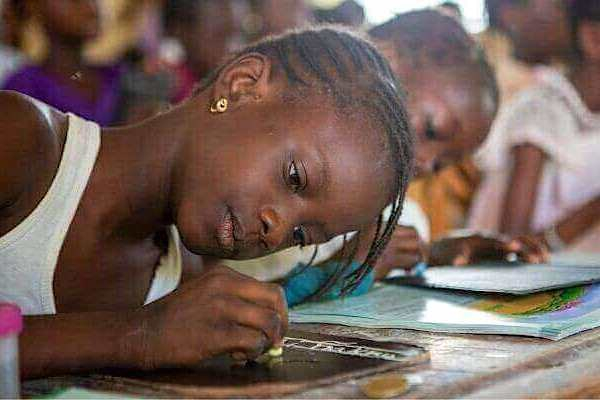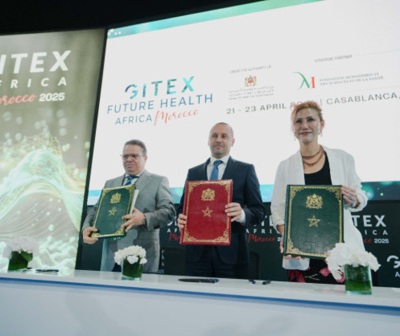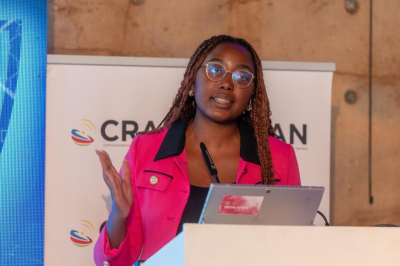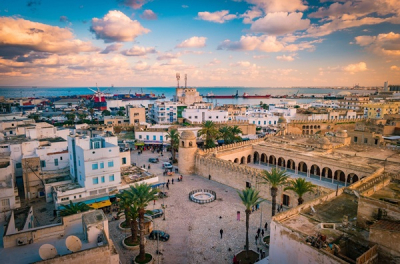Because of the coronavirus pandemic, African countries have sped up their digital transformation plans. Demand for the internet is growing, as a result. However, though internet adoption is rising tremendously, millions of residents are still unable to access the service because of its prices. Yet, affordable and quality internet is one of the requirements for successful digital transformation.
The Internet now appears like a necessary service in the likes of drinking water and electricity. According to the GSM Association (GSMA), in 2020, global internet penetration was 51% with 4 billion users. However, some countries have lower penetration rates. In its 2022 internet poverty index, the World Data Lab identified Nigeria as the country with the largest number of people living in internet poverty, meaning the number of people who “cannot afford a minimum package of mobile internet.”
The World Data Lab based its index on three factors, including affordability, quantity, and quality. “Affordability refers to the price of mobile broadband service and is set with a person’s total expenditure. (...) quantity refers to the amount of data that can be sent or received per theoretical use” while “quality describes a multitude of factors such as download and upload speed, bandwidth, latency, 2G, 3G, and 4G coverage, as well as the number of servers per 100,000 inhabitants,” the data agency explains.
The World Data Lab estimates that 103.015 million people are internet poor in Nigeria out of an estimated 217.366 million people. In the world, Nigeria is followed by India and China, we learn. In Sub-Saharan Africa on the other hand, Burundi is the country with the highest percentage of the internet poor in 2022, that is 96.6% of its 12.026 million residents.
According to the latest broadband affordability data from the Alliance for Affordable Internet (A4AI), in Africa, one-gigabyte bundles cost less than US$3 in ten countries while in 17 countries it ranges between US$3 and 5. In the remaining countries, it is over US$5. For the A4AI, broadband internet is deemed affordable when it is less than 2% of average monthly per capita incomes.
High internet cost is one of the obstacles to digital transformation in Africa because it prevents millions of residents from accessing the socio-economic opportunities it offers.
For the International Finance Corporation and Google, the digital economy can help generate up to US$180 billion of GDP in Africa by 2035. For that, however, affordable internet is needed.
Muriel Edjo



















